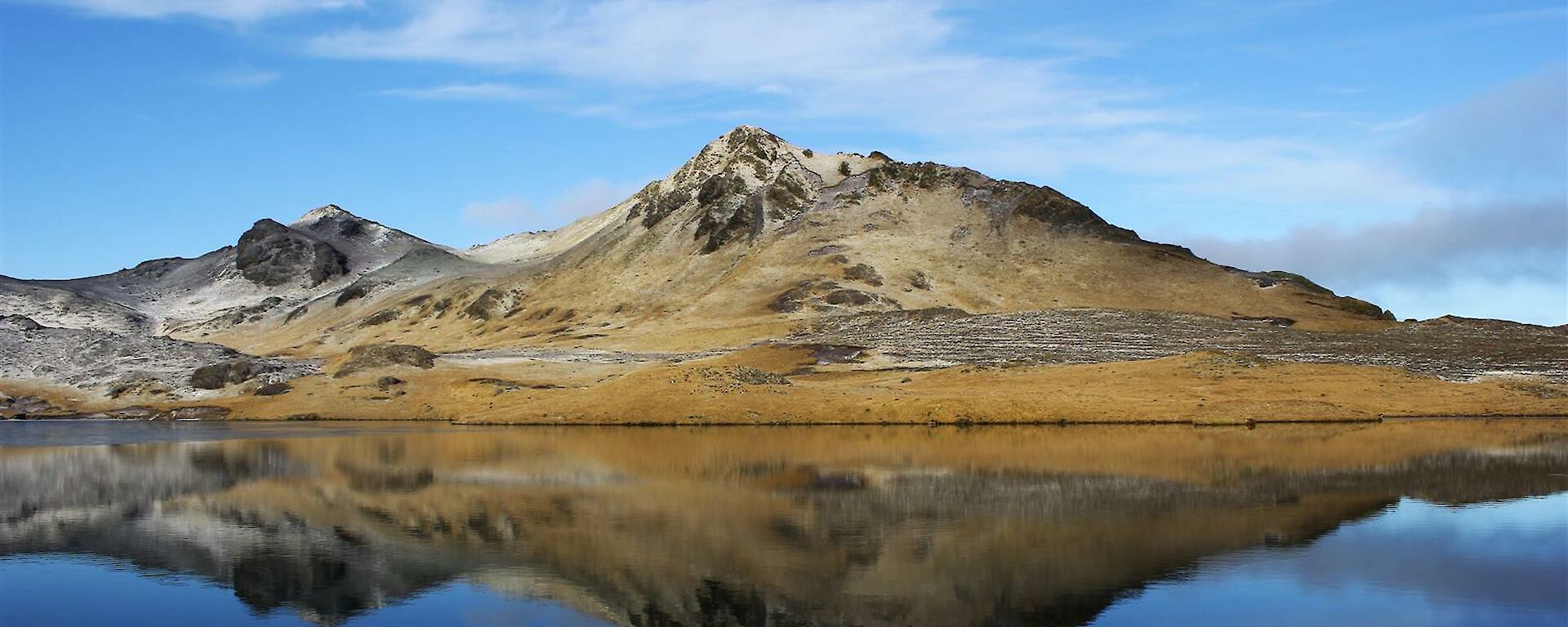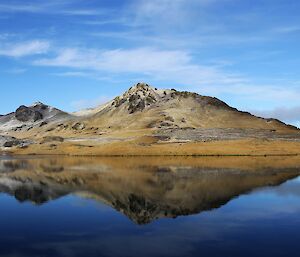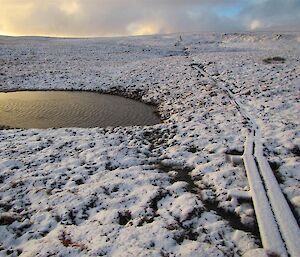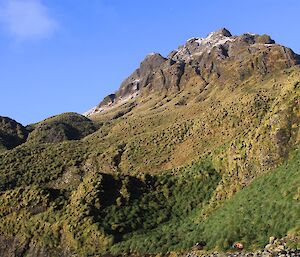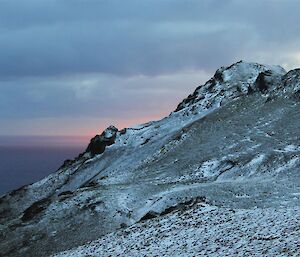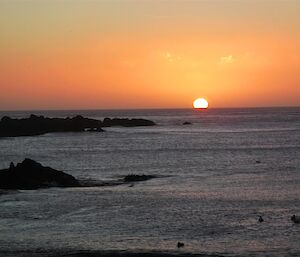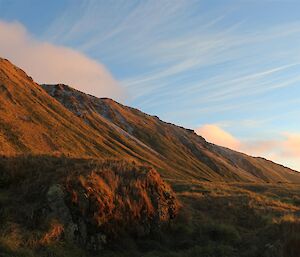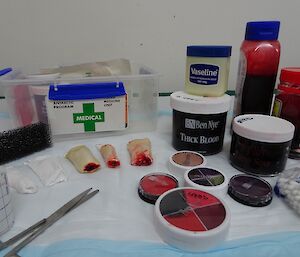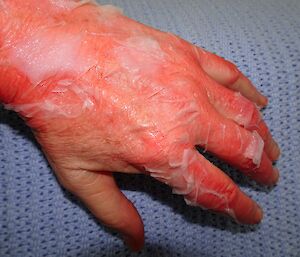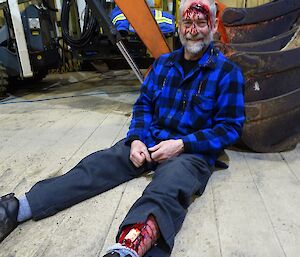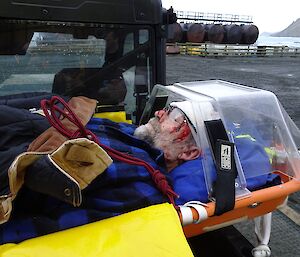Fieldwork on Macca is tough! There aren’t too many places you can go without going uphill, getting wet feet, sweating up a storm and being both hot and cold simultaneously. That said, it’s an incredible experience and the island is breathtakingly beautiful!
Up on the plateau, mostly it’s wet and windy, with low cloud and mist acting as a curveball to impair your visibility and make your walk all the more enjoyable. But, there are these rare moments that occur, when the winds blow from the south and the misty skies clear, the glorious island becomes clear in all its remarkable beauty. When the winds drop suddenly, you are left with the sound of your own thoughts accompanied by the deep bellows of distant elephant seals, or the haunting calls of giant petrels.
When the clouds break and the sun shines through, it permeates through all life and illuminates every inch of the island and the seemingly endless surrounding ocean. It invigorates your soul and enriches your spirit; a meaningful connection with this special place ensues, leaving you with a profound sense of gratitude. Although they are few and far between, when these moments occur they are worth a million lost moments.
For the last couple months, the ‘Alby girls’ (Emily Mowat and myself, research assistants working on the Macquarie Island Albatross and Giant Petrel monitoring program) have been assisting wildlife ranger, Penny Pascoe in conducting grey petrel surveys all over the island. Although winter fieldwork means long hours in the hut with extended darkness and super cold conditions, we’ve been blessed with some incredible moments such as six days straight of snowy peaks, iced over bogs, no wind and sunshine or lots of wind/no sunshine, and both sunrise AND sunset viewing (sometimes even on the same day)!
Mel Wells (Research Assistant, Macquarie Island Albatross & Giant Petrel Monitoring Program)

